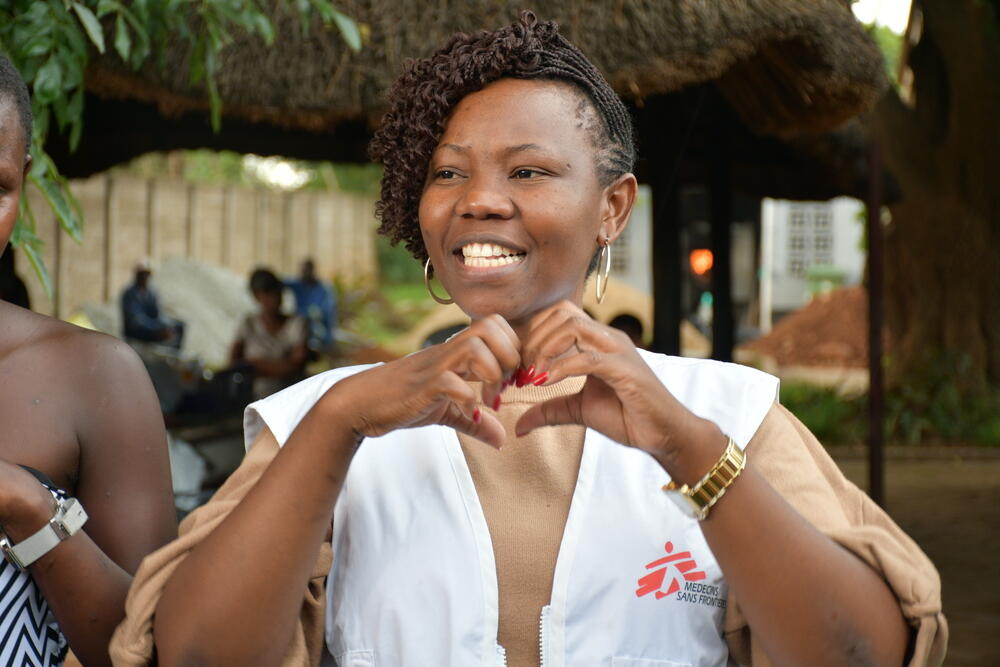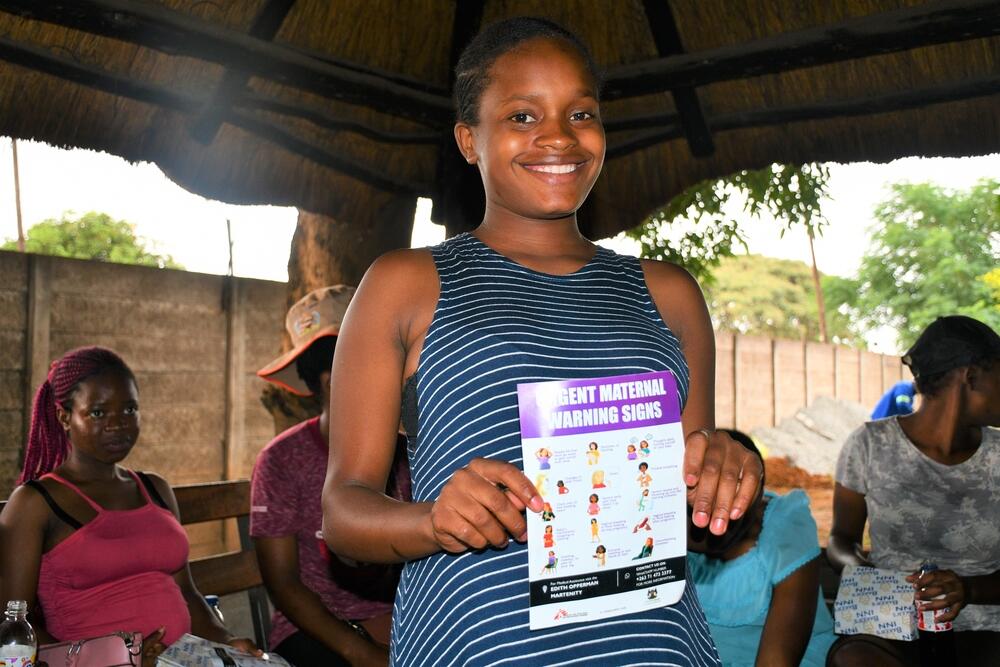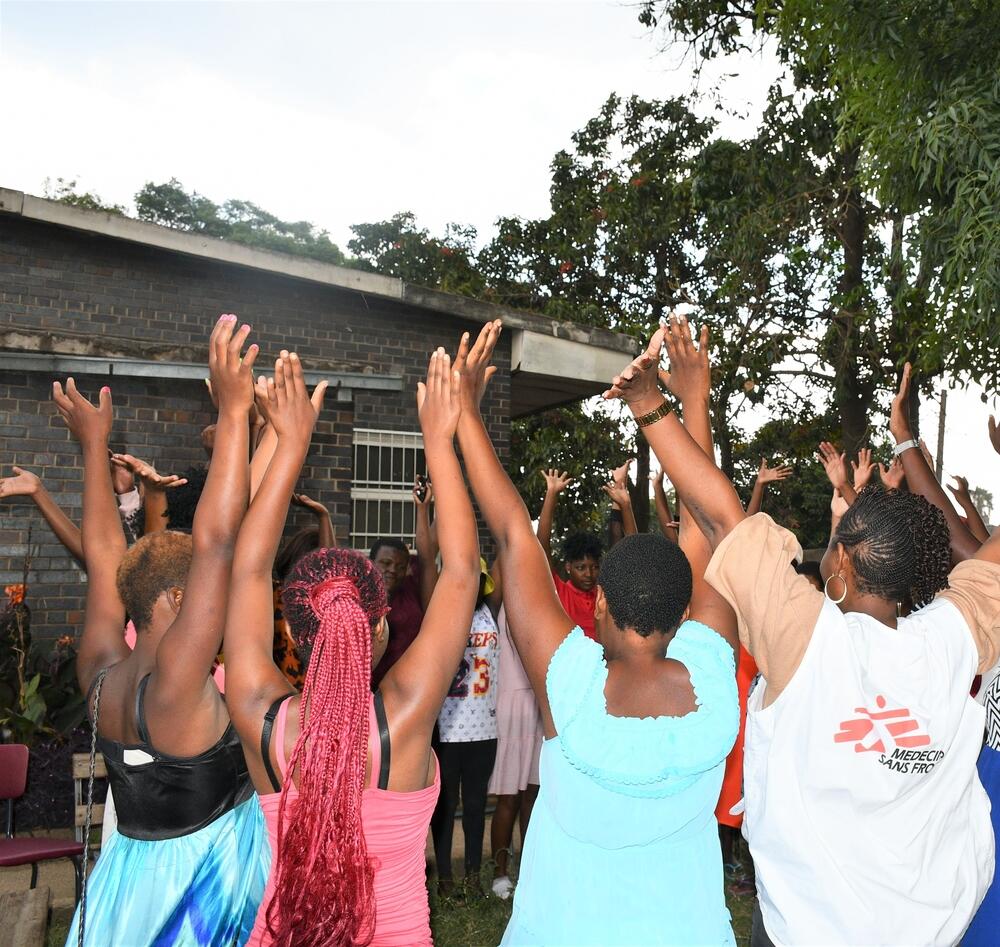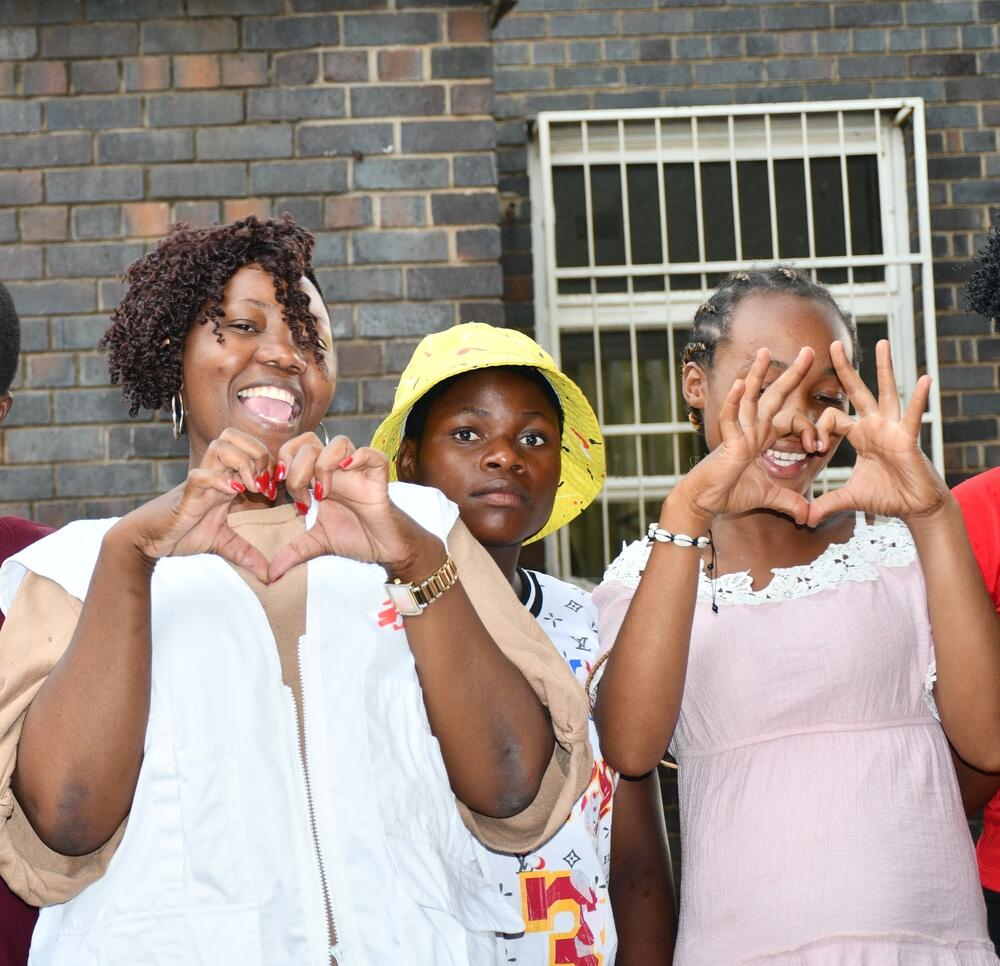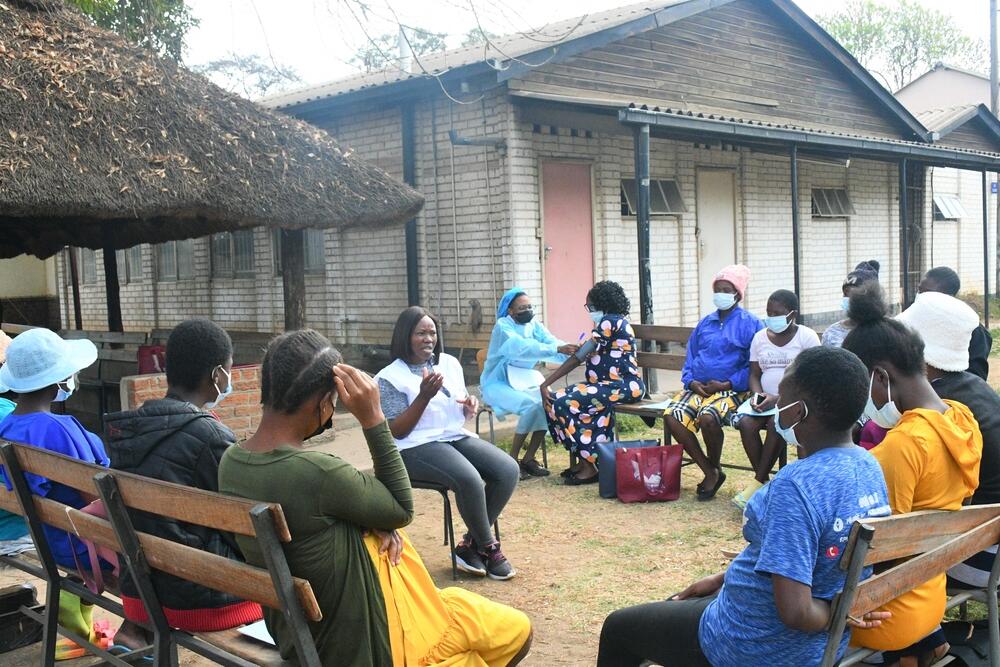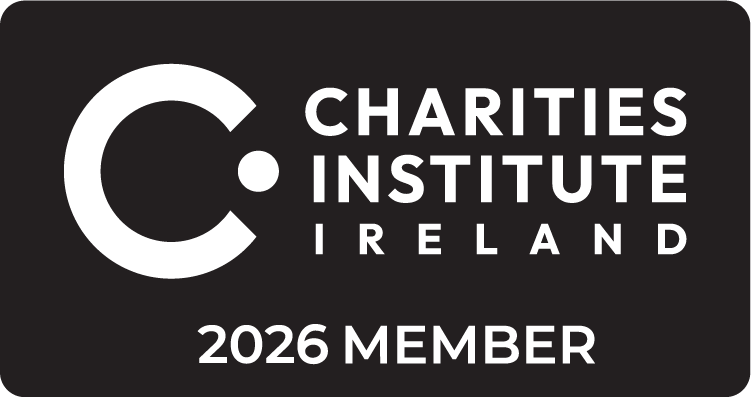Teen Mum's Club giving hope to adolescent pregnant girls
9 December 2022
Zimbabwe reported a significant increase in teenage pregnancies in January and February 2021 during the peak of the COVID-19 pandemic. According to a report by government presented by Women Affairs Minister in 2021, 4,959 teenage girls were impregnated countrywide, with the majority coming from Mashonaland Central Province.
It is estimated that in 2018, about 3,000 girls dropped out of school due to pregnancies, while in 2019 the statistics remained a bit stable. In 2020, about 4,770 pregnant girls left school.
Following this report, many organisations and people expressed their concern at the shocking news as well as perceived consequences.
Usually when a young girl falls pregnant, it may mean dropping out of school temporarily until they give birth and re-enrol, or it may mean the end of the education road.
To try and cushion young teenage mothers from the challenges they face, Medecins Sans Frontieres (MSF) in Zimbabwe expanded its Sexual Reproductive Health (SRH) services in Mbare, one of the densely populated townships in Harare to try and cater to their needs as well as support them.
In Mbare, MSF offers a friendly, free and wide-ranging package of SRH services most suited for young people aged between 10 and 19 years-old including young teenage mothers. The package of care includes mental health support, family planning provision, HIV care and treatment, Sexually Transmitted Illnesses (STI) diagnostic and treatment as well as tuberculosis care. Within this project, MSF has initiated teen mums’ clubs, a one-stop shop where pregnant teenagers have access to antenatal care (ANC) and upon delivery they continue to receive postpartum or new-born care to ensure good results for both mothers and their babies. In these clubs, young mothers are exposed to helpful SRH information, they have access to family planning services, mental health and psychosocial support, social services, and Prevention of Mother to Child Transmission (PMTCT).
The project has become a haven of hope for young teenage mothers as they see it as a way of affording them medical and psychosocial support as they have very minimal support at home and within their communities.
“Working with the young teenage mums, I have noted that there are borders that have been created for these girls due to cultural beliefs and communities they come from. Once they get pregnant, girls are deserted by their partners and families. At the same time, push factors that resulted in them getting pregnant are usually not acknowledged, people do not ask what hindered the girl child from accessing contraception for example,” says Relative Chitungo, MSF Social worker in Mbare. “Parents force them to drop out of school, in the end, they can’t cope, and some are forced into early marriages, but at MSF we do not want to create such borders, the girls should be supported.”
A social worker by profession, Relative has been leading a team focusing on the teen mothers programme for the past three of the 14 years she has been with MSF in Harare. Daily, her team consisting of health promoters, peer educators who mobilise the teen mothers, nurses, midwives, and mental health specialists, work together to ensure young mothers are fully supported.
“On a day-to-day basis, we get at least five pregnant young girls coming to our facility in need of help. We collaborate with community mobilisers who mobilise community members especially young pregnant girls to come to the clinic,” adds Relative. “At the clinic, we give them more information about our services, establish if they would like to be enrolled for antenatal clinic and if they agree, we then book them. If they are interested in enrolling in our teen mums’ clubs where they can get extra support, we discuss that as well.”
So far, Relative and her team, have engaged up to nine groups of teen mums’ clubs and each group consists of 20 to 25 participants. In these groups, pregnant girls go through a health education curriculum covering key topics on HIV, STIs, mental health, psychosocial support, Sexual Gender Based Violence (SGBV), contraception as well as exposure to income generating projects like detergent making, manicure and pedicure. The teen mums are encouraged to enrol for at least one- or two-income generating projects as a way of empowering them. The teen mums attend the discussion sessions and income generating trainings for a maximum period of three months. During this time, they also have fun watching movies. The idea is to create a safe space for them to exchange amongst themselves, share their worries, relax, interact, and exchange ideas with their peers. MSF has also partnered with other organisations so they can support with birth preparation packs for the expecting mothers. In the packs there are towels, nappies, cotton wool, maternity pads and methylated spirit.
For Relative, the teen mums’ club initiative is close to her heart because she has seen great fruits out of this programme.
She recalls a determined 18-year-old girl who fell pregnant when she was doing her Ordinary Level, who despite this huge hurdle, came out of this experience a much stronger person.
“This girl realised she was pregnant during the school holidays, just before writing her Ordinary Level exams. She told her parents about her situation, and she had decided to elope, but the parents through engaging with us at MSF convinced her otherwise. In the end she realised it was not the end of the world. Fortunately, our efforts and those of her parents paid off. She decided to continue with her education. She is even doing her Advanced Level now and she wants to be an Information Technology Specialist. She is still attending the teen mums’ club. When I ask her how she is coping and if she does not feel stigmatised, she says she is motivated by the support we give her, so nothing matters to her more than this second chance she got. This is the energy and spirit we encourage the young mothers to have and to understand that they can rise above this.”
For Relative, the passion for her work is driven by her supportive team as well as her own background that moulded her into this considerate person.
“My biggest motivator is my background. The way I was raised and grew up pushes me to treat the girls who fall pregnant at an early age with compassion and care. As an orphan, I was raised by my aunties, uncles, and grannies. I did not lack in anything and from that I learnt to be there for others. Also working with teen mums is in line with my career objectives as a social worker. Social work seeks to address the challenges that one is facing and try to engage the support system to bring change in their lives. I am therefore living my dream of wanting to help those yearning for support and as well as getting personal satisfaction from my work.”
Relative believes in growth and she hopes the teen mums club expand within and beyond Zimbabwe. She sees this as one way that would help change how most communities view and treat young girls who fall pregnant at an early age.
